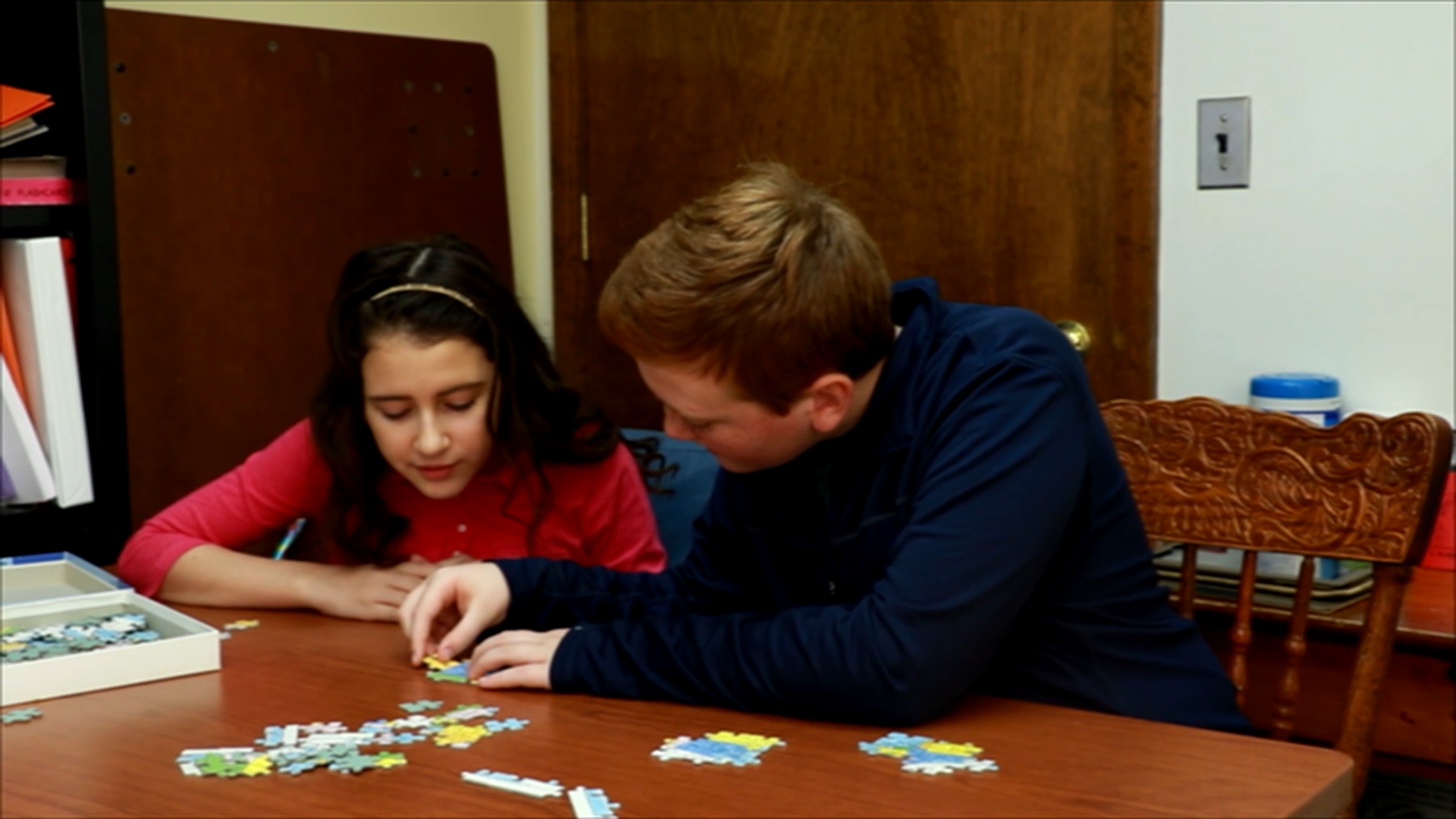
Introducing young children to the concepts of personal boundaries and cooperation is an essential part of their social-emotional learning journey. In this blog post, we will discuss a no-prep activity that educators can use to teach these skills to Kindergarten students. We will also provide discussion questions to further explore the topic and suggest related skills to enhance their learning experience. Finally, we will encourage you to sign up for free samples of the discussed skill and others.
Introduction
Personal boundaries and cooperation are foundational skills that help children develop healthy relationships and interact respectfully with others. Personal boundaries involve understanding and respecting the physical and emotional space of others, while cooperation is the ability to work together and share resources. Teaching these skills to Kindergarten students can help them learn how to navigate social situations, build friendships, and collaborate effectively.
No-Prep Activity: Puzzle Partners
This activity requires no preparation or materials from the educator and is designed to help students understand the importance of respecting personal boundaries and cooperating with others. Here’s how it works:
- Divide the students into pairs, and provide each pair with a simple puzzle (ideally with large pieces).
- Explain to the students that they will be working together to complete the puzzle, but they must follow certain rules: They cannot touch the other person, and they must ask for permission before trying a puzzle piece in a specific location.
- Encourage the students to use phrases like “Could I try that piece?” and “Sure, nice!” as they work together.
- Observe the students as they collaborate and provide guidance when necessary. Praise their efforts to respect personal boundaries and cooperate with each other.
- After the activity, gather the students together to discuss their experience and the importance of respecting personal boundaries and cooperation.
Discussion Questions
Use these questions to stimulate further discussions about personal boundaries and cooperation:
- How did it feel to work together with a partner to complete the puzzle?
- Why is it important to ask for permission before touching someone else’s things or trying a puzzle piece?
- How can respecting personal boundaries and cooperating with others help us make friends and work better in a group?
- Can you think of other situations where it’s important to respect personal boundaries and cooperate with others?
- What are some ways you can practice respecting personal boundaries and cooperation in your everyday life?
Related Skills
Beyond personal boundaries and cooperation, there are other related skills that can help Kindergarten students develop healthy social-emotional habits. Some of these skills include:
- Active listening: Paying attention to what others are saying and responding appropriately.
- Empathy: Understanding and sharing the feelings of others.
- Conflict resolution: Learning how to resolve disagreements in a respectful and constructive way.
- Sharing and taking turns: Practicing fairness and patience when working or playing with others.
Next Steps
Now that you have learned about this no-prep activity for teaching personal boundaries and cooperation to Kindergarten students, we encourage you to explore further. To access free samples of this skill and others, please visit Everyday Speech Sample Materials. By incorporating these principles into your teaching, you will be supporting the social-emotional development of your students and fostering a positive learning environment.









